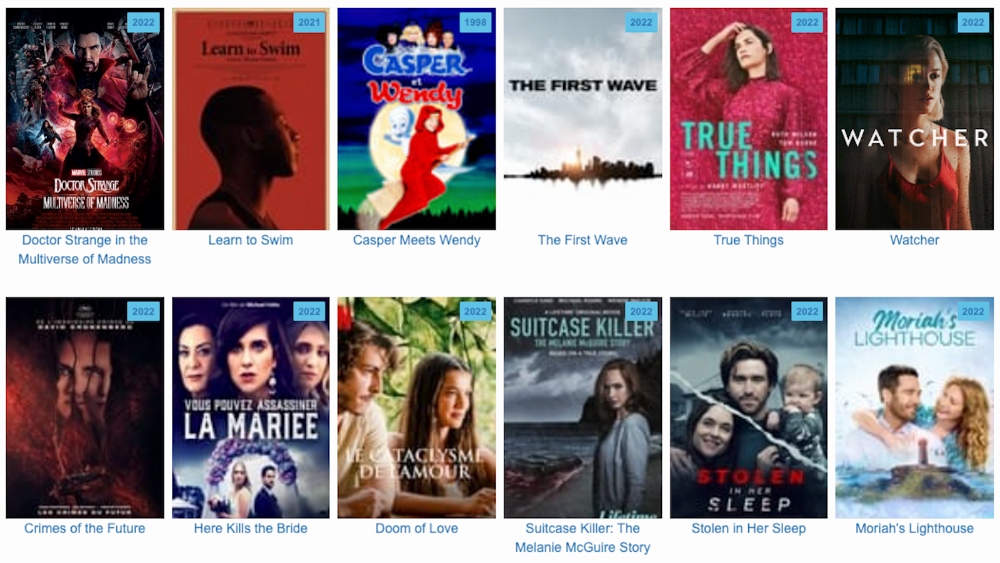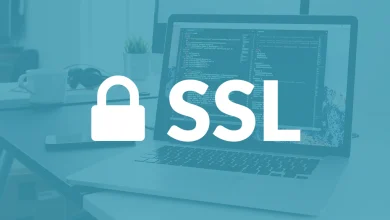Megashare and Primewire: Streaming’s Hidden World

The Golden Age of Free Streaming: A Nostalgic Dive into Megashare and Primewire
Imagine this: It’s a late Friday night, and you’re craving some entertainment. You’ve exhausted your Netflix queue and the thought of paying for another streaming service feels like a hit to the wallet. Then, a friend sends you a link to a site you’ve never heard of—Megashare. You click on it, and suddenly, a treasure trove of movies and TV shows unfolds before your eyes, all available for free. It’s like stumbling upon a secret stash of goodies you weren’t supposed to find.
For many of us, Megashare and Primewire were gateways to this underground world of free streaming. These sites weren’t just about convenience—they were about access. Access to films and shows that might not be available on mainstream platforms, or that were hidden behind multiple paywalls. In the digital age, where convenience often comes at a cost, these sites offered an enticing alternative.
My First Encounter: The Thrill of Discovering Megashare
I still remember the first time I heard about Megashare. A friend casually mentioned it during a conversation about the latest TV shows, and I was intrigued. That night, I decided to check it out. The site’s design was simple, almost too basic to be real. But the content—oh, the content! Rows upon rows of movies, from recent blockbusters to obscure indie films, all at my fingertips. It felt like finding a hidden key to a secret library.
But like any good story, there was an undercurrent of tension. The occasional pop-up ads, the warnings from my antivirus software, and the nagging feeling that I was venturing into a digital gray area. Still, the allure of free, unlimited content was too strong to resist.
The Ethical Dilemma: The True Cost of Free Streaming
The thrill of free streaming comes with its own set of ethical dilemmas. At first glance, sites like Megashare and Primewire seemed harmless—after all, who was getting hurt by a few people watching movies for free? But dig a little deeper, and the moral waters become murkier.
Every movie, every TV show, is the result of countless hours of work by writers, directors, actors, and a whole host of professionals who rely on the revenue generated from their creations. When we choose to watch these shows on unlicensed platforms, we’re bypassing the systems in place to ensure these creators are compensated for their work. It’s like attending a concert without buying a ticket—sure, you’re enjoying the music, but you’re also ignoring the effort that went into making it.
The Cat-and-Mouse Game: How Megashare and Primewire Stayed One Step Ahead
As Megashare and Primewire grew in popularity, they also attracted the attention of copyright holders and authorities. This led to a digital cat-and-mouse game, where sites were frequently shut down, only to reappear under slightly different names or domains. It was thrilling, in a way—like being part of an underground movement, always on the lookout for the next safe haven.
But this game wasn’t without its risks. The more popular these sites became, the more they attracted unwanted attention—not just from authorities, but from cybercriminals too. Pop-up ads turned into phishing scams, and the threat of malware loomed large. The once-thrilling world of free streaming began to feel more like a minefield, where every click was a gamble.
The Streaming Wars: Subscription Fatigue and the Rise of Free Alternatives
The rise of Megashare and Primewire wasn’t just about free content—it was a reaction to the growing frustration with mainstream streaming services. In the early days, platforms like Netflix and Hulu offered vast libraries of content for a single monthly fee. But as the number of streaming services grew, so did the costs.
Suddenly, viewers found themselves needing multiple subscriptions to access all the content they wanted. Disney+, Amazon Prime, HBO Max—the list went on, and so did the monthly bills. This subscription fatigue led many to seek out alternatives, and sites like Megashare and Primewire offered a tantalizing solution.
But this alternative came with its own set of problems. The more fragmented the streaming landscape became, the more complicated it was to navigate. And for the casual viewer, the lure of a one-stop shop for free content was hard to resist, even if it meant venturing into legal gray areas.
The Downfall: When the Risks Outweighed the Rewards
Over time, the risks of using Megashare and Primewire began to outweigh the rewards. Stories of users facing legal repercussions, falling victim to scams, or having their devices infected with malware became more common. What was once a thrilling escape into the world of free content became a dangerous game of chance.
Eventually, both Megashare and Primewire were taken down, their domains either shuttered or repurposed into ad-laden traps. Their downfall wasn’t just the result of legal pressure—it was a reflection of a changing digital landscape, where the demand for free content was met with increasing scrutiny and regulation.
Lessons Learned: The Legacy of Megashare and Primewire
The rise and fall of Megashare and Primewire offer several important lessons for both consumers and the entertainment industry:
1. The Demand for Affordable, Accessible Content: The popularity of these sites was driven by a clear demand for content that was easy to access and affordable. As streaming services continue to evolve, finding a balance between offering exclusive content and maintaining reasonable subscription costs will be key to reducing the appeal of illegal streaming.
2. The Ethical and Legal Implications: The ethical quandaries posed by free streaming are significant. The entertainment industry needs to do a better job of educating consumers about the impact of piracy and the importance of supporting content creators through legitimate channels.
3. The Power of Innovation: Megashare and Primewire thrived because they filled a gap in the market. As technology continues to evolve, there will always be new opportunities for innovation—both for legal streaming platforms and for those operating in the gray areas of the internet.
Conclusion: The Enduring Impact of Megashare and Primewire
Megashare and Primewire may no longer exist in their original forms, but their legacy lives on. They were symbols of a larger movement, reflecting the evolving nature of media consumption in the digital age. They offered a glimpse into a world where content was free and unlimited, but they also showed us the hidden costs of that freedom.
As we continue to navigate the ever-changing landscape of streaming, it’s important to remember the lessons from this chapter of digital history. We need to find ways to make content accessible without undermining the hard work of creators, and we must navigate the digital landscape with both caution and curiosity.



